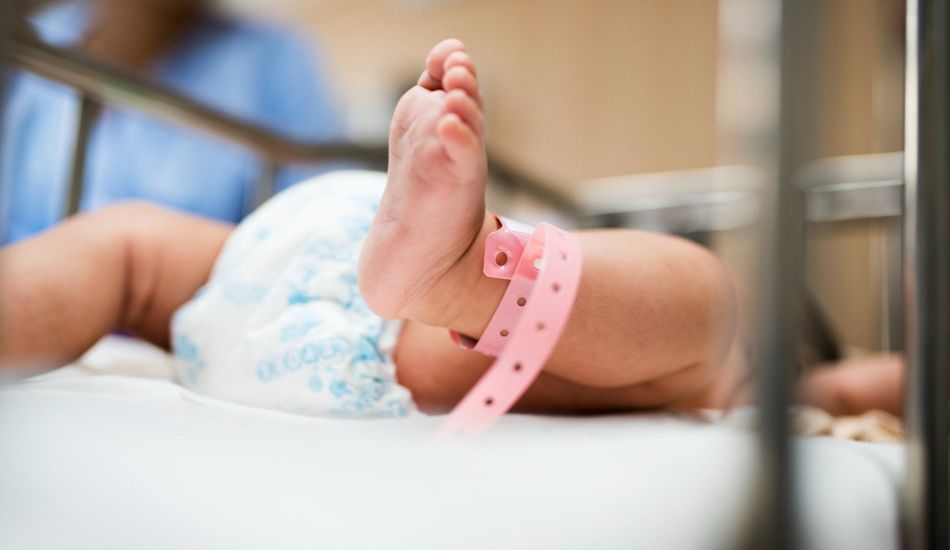
AI Robo-Wombs: Sci-Fi Dream or Ethical Nightmare?
Okay, folks, I've got to admit, when I first heard about China's supposed AI robot uterus, my jaw dropped. I mean, we're talking about potentially growing babies in machines! The initial story suggested that Kaiwa Technology had unveiled humanoid robots equipped with advanced artificial wombs. While the story turned out to be fake, it still got me thinking about the Pandora's Box this kind of tech could open.
Imagine a world where gestation is outsourced to robots. I know, sounds like something straight out of a sci-fi novel, right? According to the fake report, these robots would mimic the entire pregnancy process, even down to the hormonal and physical changes. They'd have biosynthetic organs capable of feeding an embryo or fetus with liquid nutrients. Supposedly, the company was aiming for a $14,000 price tag, which, if real, could make surrogacy way more accessible than the current $100,000 to $200,000 price tag in the US.
The Potential Upsides (If We're Careful)
Now, before we all start panicking about a robot uprising, let's consider the potential benefits. I think if we approach this technology ethically, it could revolutionize infertility research and offer affordable surrogacy options. For couples who can't conceive or carry a child, this could be a game-changer. Also, artificial wombs could drastically improve the survival rates of premature babies, preventing devastating complications.
But... The Ethical Minefield
However, and this is a HUGE however, the ethical implications are staggering. When you start tinkering with the fundamental process of human reproduction, things get complicated really fast. For example, who owns the rights to an embryo gestated in a robot? What happens if something goes wrong during the process? And what about the potential for misuse or the dehumanization of pregnancy?
Furthermore, the legal landscape surrounding reproductive technology is already a mess. Different countries, regions, and even governing bodies have conflicting laws. Imagine trying to navigate that when you throw robots into the mix! We're talking about a whole new level of legal and ethical complexity.
And let's not forget the robots themselves. What happens if they become so advanced that they're granted personhood status? Could they eventually experience emotions? I know it seems far-fetched, but we need to consider these possibilities.
While the story about China’s AI robot uterus turned out to be false, it highlights the need for serious conversations about the future of reproductive technology. We need to proceed with caution, ensuring that ethical considerations are at the forefront of any research or development in this area. Otherwise, we might just be opening a can of worms we can't close.
Source: Gizmodo